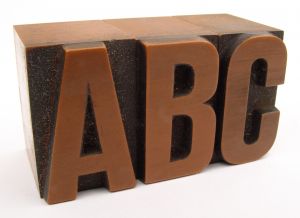 Helping your struggling child
Helping your struggling child
Before you can help your child, it is important to understand why your child struggles with reading. Crystal Kelly and Linda Cambell (n. d.)indicate four common reasons why students struggle with reading. They include reading role models and life experiences, acquistion of reading skills, visual processing, and visual disabilities.
Using the Reading Rocket "target the problem" resource, you can figure out what your particular child's area of difficulty in reading and find ways to help your child.
1. Reading Rockets - http://www.readingrockets.org
Reading rockets has practical advice for children and parents alike in order to help improve reading. Additionally, it explains how parents can become advocates for their children as well as where to get additional help.
2. Starfall - http://www.starfall.com
Starfall.com is a wonderful web resource page that uses e-books and animations to teach reading phonics skills. It can provide a fun interactive environment where students can learn sound-letter combinations.
3. Gutenberg Project - http://www.gutenberg.org/wiki/Main_Page
This is a web resource page that publishes about 1 e-book a day. These e-books are free to read and will support literacy in various ways.
4. Literacy Learning Ladders - http://eduscapes.com/ladders/
A great resource that has information on several links to current literacy issues, teaching strategies, technology connections to literacy, and internet resources that teachers can use in the class.
Sources
ABC blocks : [Photograph]. Retrieved October 16, 2007, from: http://www.sxc.hu/photo/416956_abc.jpg
Cambell, L. & Kelly, C. (n.d.). Helping struggling readers. Retreived February 10, 2008 from http://www.newhorizons.org/spneeds/inclusion/teaching/kelly.htm
Reading materials : [Photograph]. Retrieved October 16, 2007, from: http://www.sxc.hu/photo/739778_exhibit_series.jpg
Why they struggle. (2008). Retrieved February 10, 2008 from http://www.readingrockets.org/helping
Contact Me
© Marixa Perez, February 10, 200


